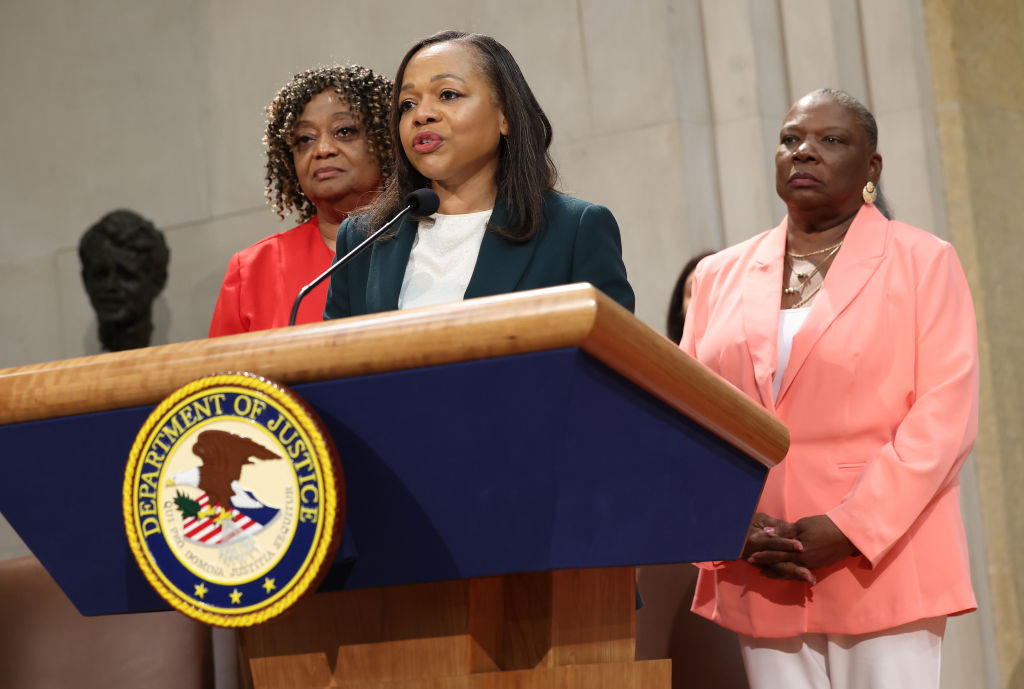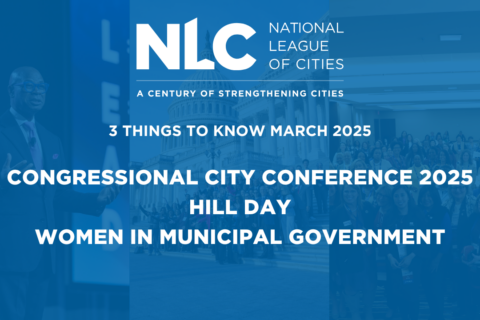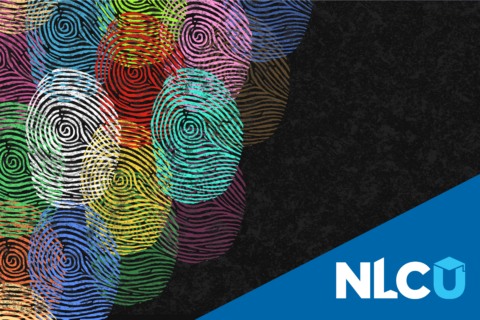In 2020, during the wake of national protests following the murder of George Floyd, the National League of Cities published a CitiesSpeak blog highlighting the important concept of antiracism, which is one of the most-read blogs in NLC history. Four years later, the question “What does it mean to be an antiracist?” is just as relevant. It’s imperative to talk about how racism continues to impact American institutions and how local government elected officials and staff can combat it.
When discussing racism and antiracism, there are important terms to understand. Racism involves one group having the power to carry out systematic discrimination through the institutional policies and practices of society and by shaping the cultural beliefs and values that support those racist policies and practices. Antiracism is the practice of actively identifying and opposing racism. The goal of antiracism is to actively change policies, behaviors, and beliefs that perpetuate racist ideas and actions.
Centering Equity

Simply removing references to race or practicing race neutrality in policies, practices, and procedures, or even conversations, doesn’t undo centuries of harm or create racial equity. Historically, race was centered in oppressive and harmful policies, practices and procedures, so it must be centered in efforts to promote equity and reduce gaps created due to these past policies. Using a targeted universalism framework in antiracism helps establish goals that benefit everyone, while strategies designed to achieve these goals should factor in how different groups are situated within structures, cultures and across geographies. Race has been so deeply entwined in the governing structure of the United States that it’s easy to miss just how all-encompassing racism is in the current system. Committing to using a racial equity tool in policy development, budgeting, decision-making, procurement, etc., ensures that all identities and perspectives are engaged and considered in the policy.
Awareness of biases is crucial as these new policies are introduced. Throughout American history, policies, practices and procedures legitimized racial divisions by government decree. One of the challenges in adopting effective antiracist policy solutions is recognizing just how deeply ingrained narratives such as the zero-sum game, colorblindness and makers versus takers mindset are. Instead, through data and historical examples, narratives of solidarity should be uplifted in policies to showcase how centering equity improves outcomes for all.
In recent years, vocal backlash has led to numerous states imposing bans on teaching America’s racial history and examining the effects of inequitable policies on different racial groups.
Source: CRT Forward
Leading with Solidarity
Antiracism, racial equity and DEI (diversity, equity, and inclusion) have become targets of restrictive legislation, with five states already passing anti-DEI legislation and an additional 20 considering similar statutes. These laws are part of a new wave of preemption, a tactic of higher-level government superseding the authority of a lower level of government.
If there was ever a time to lead with solidarity to ensure that all Americans see the benefit of racial equity efforts, it’s now. Local leaders and policymakers must never forget and ground themselves in the dedication and perseverance of those who worked together to pass the Civil Rights Act of 1964. July 2, 2024, marks the 60th anniversary of the Civil Rights Act, considered the most significant civil rights legislation since Reconstruction and a big step toward a thriving, multi-racial democracy. Much like today, that era was fraught with challenges as opponents used their power to derail the bill.

Continuing the Fight
While the Civil Rights Act was pivotal, it wasn’t the final chapter in the fight for an equitable democracy for all. The goal is to fundamentally change how governments account for impacts on Black, Indigenous, Asian or Pacific Islander and Hispanic/Latine communities to create a future where everyone thrives.
As cities, towns, and villages continue to face challenges from state preemption and anti-DEI legislation, NLC, our partners, and funders remain committed to ensuring elected officials and government staff have the tools and resources they need to persist in their efforts to create equitable policies, practices, and procedures.











